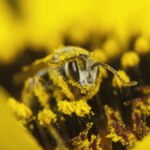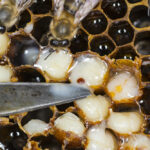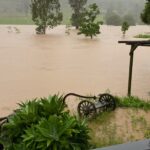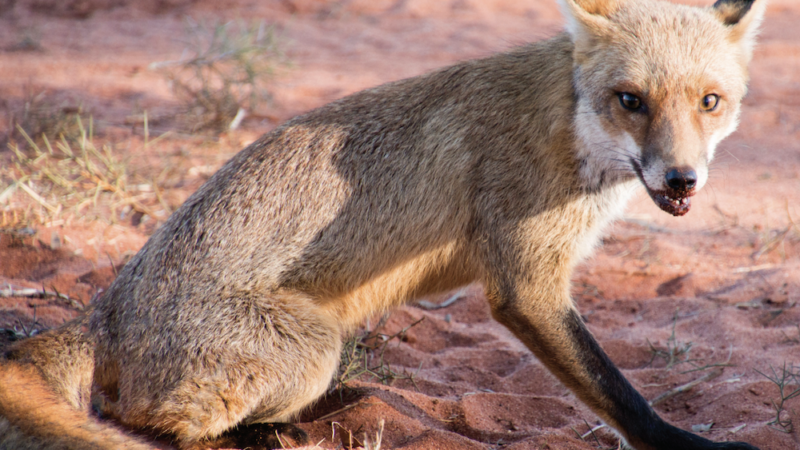While recent widespread rain in the state is bringing hope that the drought may finally…
Varroa mite support for beekeepers
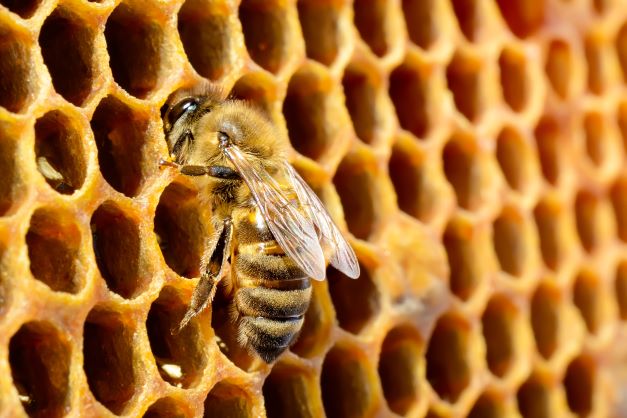
Registered commercial beekeepers will be reimbursed for all equipment, hives and bees that are destroyed in the varroa mite eradication process, as well as the costs of honey.
The new agreement stems from The National Management Group (NMG) for Emergency Plant Pests that has endorsed a National Response Plan to eradicate the mite from NSW.
The NMG comprises Commonwealth and State governments and pollination dependent industries and the honey bee industry.
NSW Agriculture Minister Dugald Saunders said eradication is the primary goal, and the NSW Department of Primary Industries� (NSW DPI) strong initial response measures and contact tracing work have made this possible.
�We still have an unbroken chain of infected premises and have extensive surveillance operations in place to find and destroy any further cases,� Mr Saunders said.
�I want to thank the entire beekeeping community for their commitment and vigilance during this time.�
Mr Saunders said the NSW Government is putting on an additional 26 compliance and surveillance officers to manage risk to facilitate key pollination events and ensure business continuity.
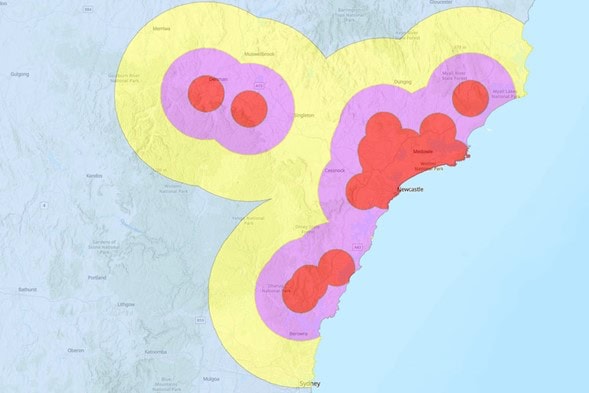
The NSW DPI, Local Land Services, NSW Police, Rural Fire Service and the wider community are all working together to assist the apiary industry to arrest the spread of the parasite.
Danny Le Feuvre from the Australian Honey Bee Industry Council said it was great to see the recognition from all governments and industries of the importance of the bee industry.
�Industry fully supports the eradication efforts and appreciates the professionalism and commitment of DPI�s incident management team,� Mr Le Feuvre said.
�Agreement to provide reimbursement costs to our members will ensure the success of the eradication program.”
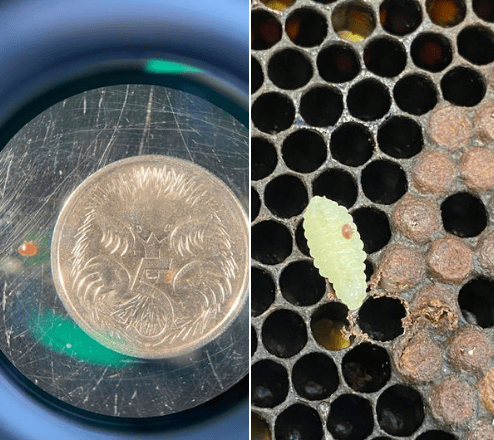
The National Management Group also endorsed compensation for licensed recreational beekeepers in recognition of their critical role in the response to this incursion.
Thirty five infested premises have been identified since Varroa mite was first identified during routine surveillance at the Port of Newcastle on 22 June.
A ban on the movement the movement of beehives and honeybees across the State remains, but beekeepers outside red emergency zone in NSW can now work hives and extract honey if within same zone.
Interested in knowing more about Australia’s native stingless bees? Click here.


